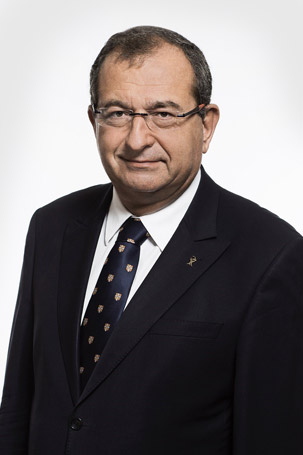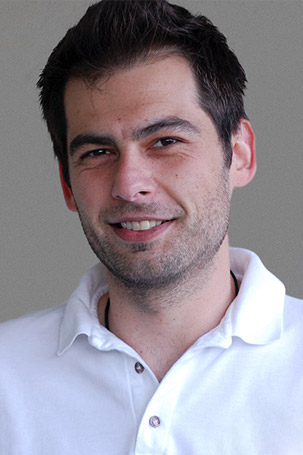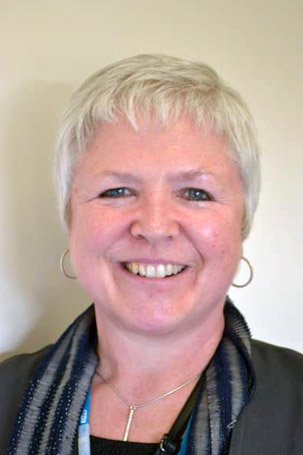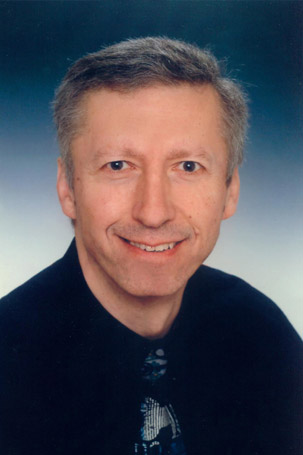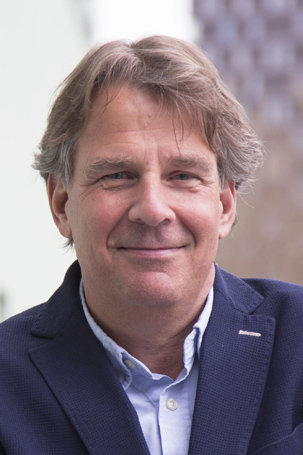Anthony Heymann
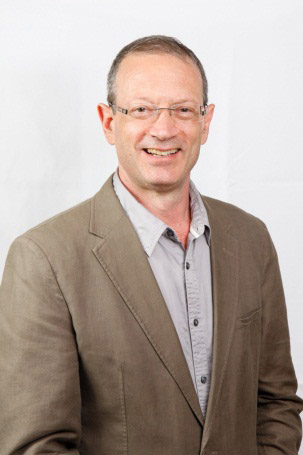
Title: Paradigm shift – from doctor patient to payer patient relationship
Summary:Quality indicators are now driving medical care in the community at the expense of individually tailored medical care. In the name of healthcare quality the payers, who might be HMOs or Health Ministries use a “one suit fits all” solution based on epidemiological data.
The danger is that the physician may be pressured to work for the quality indicator and not the patient’s needs resulting in erosion in the physician-patient relationship. The authorities have succeeded in changing physician behavior as can be seen across different health systems. This has been achieved with means as simple as feedback and peer pressure, to the use of financial incentives. The clinical medical record has been the main tool for collecting data but these statistics has been confused with knowledge. The payers think they have the big picture but the critical information is often missing and that is what the patients want. This knowledge is with the family physician who often feels torn between the needs of the patient and the health system.
Each clinic population has its own nuances; each patient has his or her own very specific needs which must be answered. This lecture will illustrate these problems and suggest new strategies to restore the physician patient relationship.

